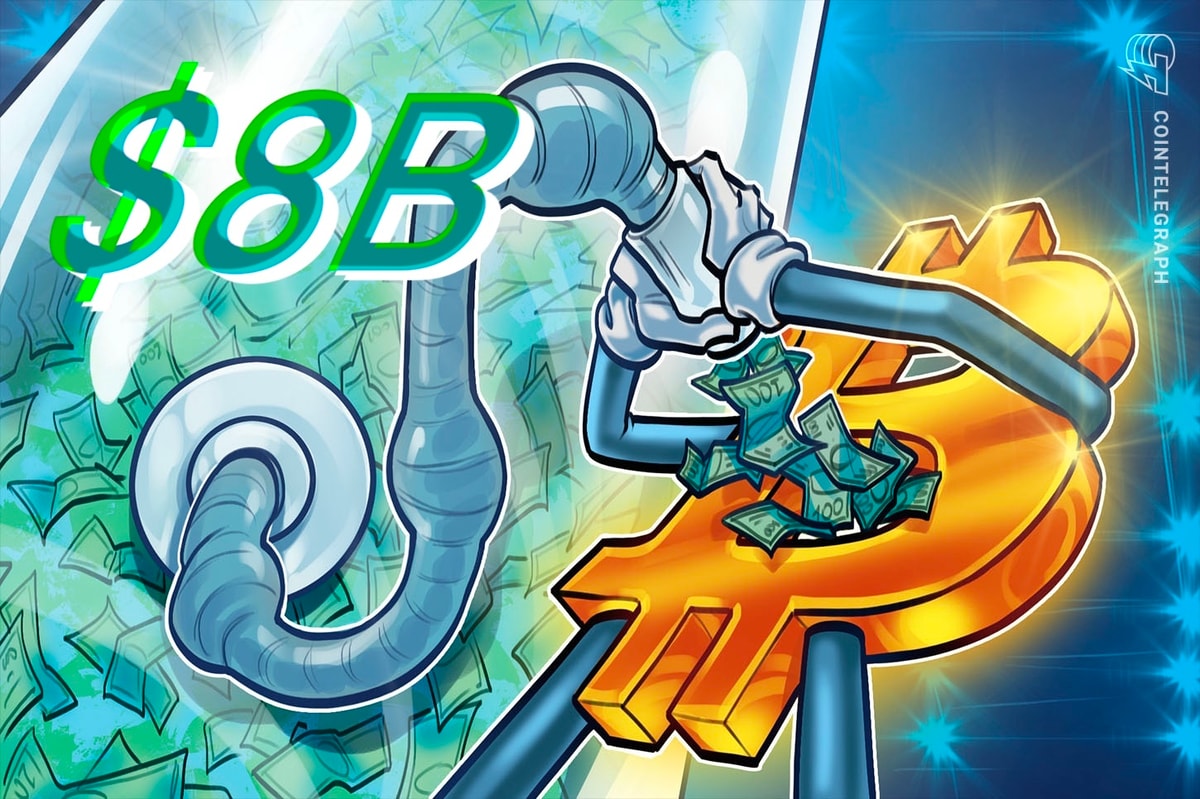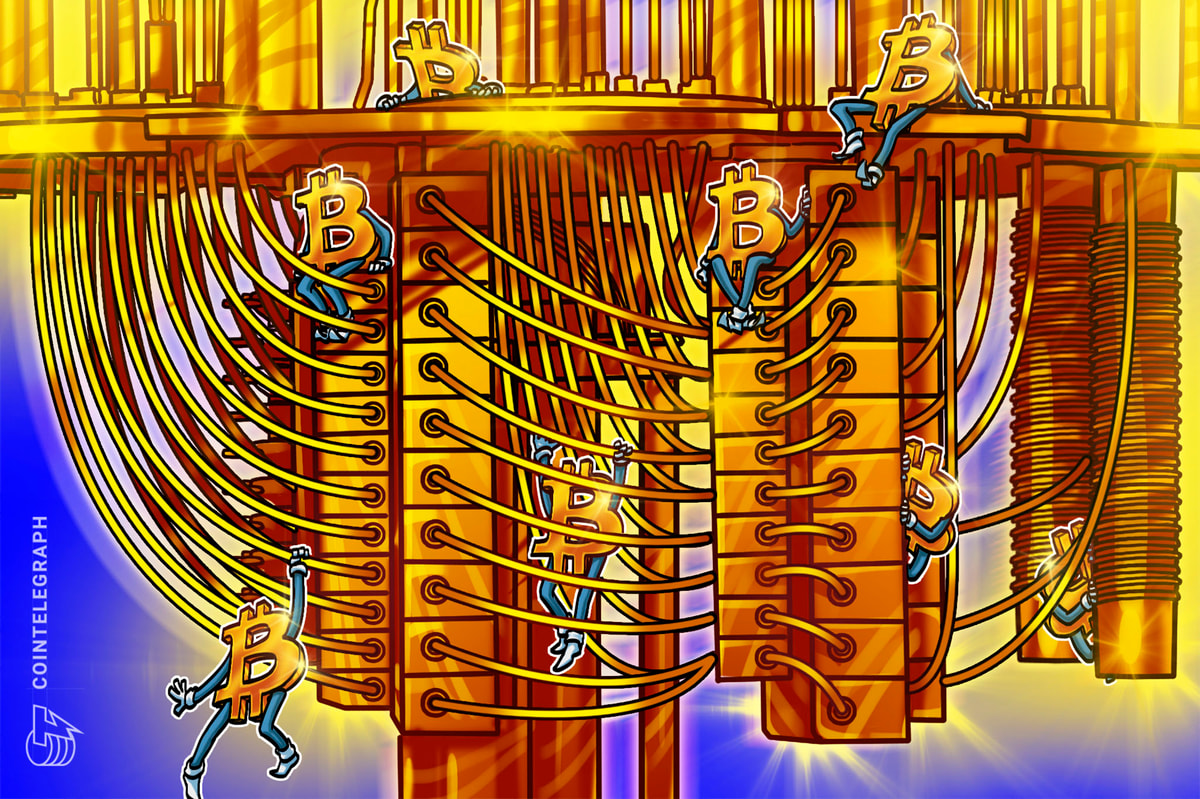Tokenized bank deposits lack the flexibility and technical features of stablecoins, making them an inferior product, according to Omid Malekan.

Banks and financial institutions have started experimenting with tokenized bank deposits, bank balances recorded on a blockchain, but the technology is doomed to lose out to stablecoins, according to Omid Malekan, an adjunct professor at Columbia Business School.
Overcollateralized stablecoin issuers, who must maintain 1:1 cash or short-term cash equivalent reserves to back their tokens, are safer from a liability perspective than the fractional reserve banks that would issue tokenized bank deposits, Malekan said.
Stablecoins are also composable, meaning they can be transferred across the crypto ecosystem and used in various applications, unlike tokenized deposits, which are permissioned, have know-your-customer (KYC) controls, and have restricted functionality.
Tokenized bank deposits are like a “checking account where you could only write checks to other customers of the same bank,” Malekan continued. He added:
“What’s the point? Such a token can’t be used for most activities. It’s useless for cross-border payments, can’t serve the unbanked, doesn’t offer composability or atomic swaps with other assets, and can’t be used in decentralized finance (DeFi).”The tokenized real-world asset (RWA) sector, physical or financial assets tokenized on a blockchain, which includes fiat currencies, real estate, equities, bonds, commodities, art, and collectibles, is projected to swell to $2 trillion by 2028, according to the Standard Chartered bank.
Related: BNY explores tokenized deposits to power $2.5T daily payment network: Bloomberg
Stablecoin issuers will share yield one way or another
Tokenized bank deposits must also compete with yield-bearing stablecoins or stablecoin issuers that find ways of circumventing the yield prohibition in the GENIUS stablecoin Act, passing on the yield in the form of various customer rewards, Malekan argued.

 23 hours ago
1
23 hours ago
1





















 English (US) ·
English (US) ·